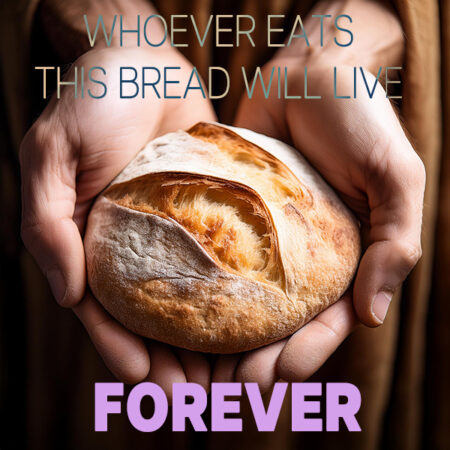By the Faithful Disciple
GROW AS A DISCIPLE
We tell our children, from a young age through their teen years: make wise choices. It’s a sort of catch-all to cover the endless possibilities of circumstances – good, bad, or neutral – they might find themselves in. But what does it mean to be wise? To have wisdom? In today’s first reading from Proverbs, we are shown a depiction of wisdom herself, spreading a table where the guests will dine when they arrive. “Come, eat of my food, and drink of the wine I have mixed!” she says. This invitation is echoed in the Gospel, by Wisdom personified: Jesus Christ. “Whoever eats my flesh and drinks my blood has eternal life, and I will raise him on the last day.” Simplicity of heart and the forsaking of foolishness are the only criteria for accepting the offering of wisdom. It seems we are to come and be fed. But how do we discern, in our fast-paced, consumer-based world, what exactly is a wise choice? It’s hard to advance in true wisdom; it is acquired by the humble and the simple, not the busy and the overcomplicated. Often, what the Christian deems important the world finds “foolish.” It can be hard to keep our priorities rightly ordered, but advancing on the path to wisdom begins first by recognizing the centrality of God in our lives and humbly allowing him in.
GO EVANGELIZE
In Paul’s Letter to the Ephesians, he instructs the people, saying, “Watch carefully how you live.” I’d like to think that’s where we got our “make wise choices” instruction, but I can’t be sure. Again, the dichotomy between foolishness and wisdom is addressed. Wisdom is described as being prudent, which is living with one eye in the present, but also one eye toward the future, and being filled with the Holy Spirit. Elaborating even further, Paul provides a beautiful image of “singing and playing to the Lord in your hearts, giving thanks always and for everything.” In the life of one living with wisdom, there is a turning toward true joy. Living in a spirit of gladness is in direct opposition to living in a spirit of fear or comparison. Since wisdom and understanding are both gifts given to us by the Holy Spirit, we can invite him into our midst and ask him to increase our wisdom, understanding, and our capacity for joy.
ENGAGE
Cultivating wisdom and understanding is a lofty, but worthy, goal! This week, spend some time familiarizing yourself with the Wisdom literature of the Bible (which consists of Job, Psalms, Proverbs, Ecclesiastes, Song of Songs, Wisdom, and Sirach) by reading the introductions to one or more of them. Explore some of the Scriptures themselves.

